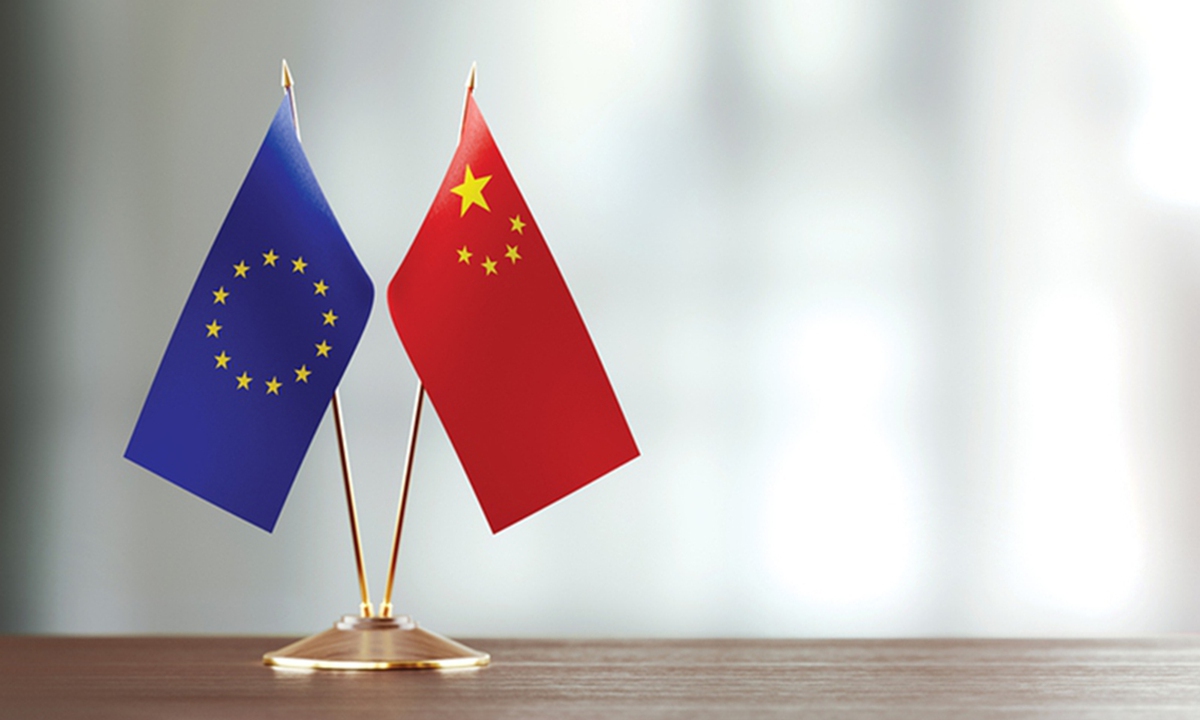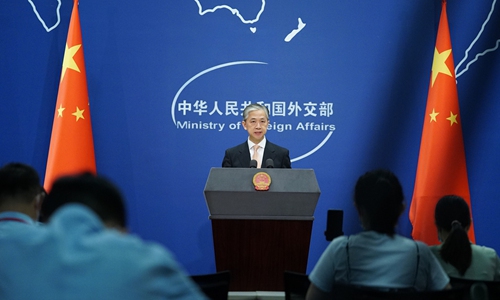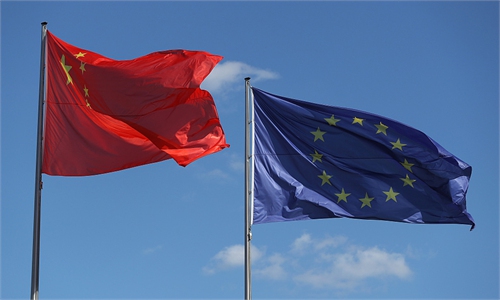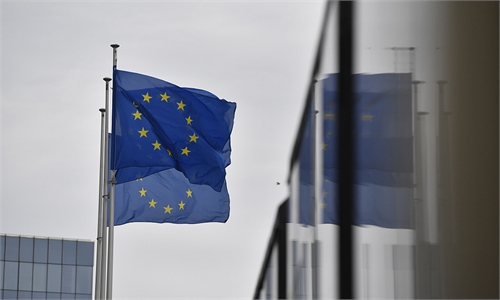
Photo: VCG
The thickening embarrassment between China and the EU after the imposition of tit-for-tat sanctions over Xinjiang issue, appears to have thrown their mutual investment treaty into doubt as many feared.Now, there appears to be a move by some members of the European Parliament, who plan to introduce a motion this month to effectively shelve the China-EU Comprehensive Agreement on Investment (CAI) until China removes its sanctions, according to a report by The South China Morning Post.
Recently, conflicting messages have propped up in the EU on how to treat the investment deal. EU Ambassador Nicolas Chapuis said on Friday that the bloc is not seeking an escalation of tensions with China.
EU's trade chief Valdis Dombrovskis was cited last week by media outlets as suggesting the bloc has suspended efforts in ratifying the deal. His comment was quickly clarified as a "misunderstanding" by a spokesperson of the EU, and many proponents of the deal in Europe reiterated their support for the investment pact.
However, there remain some political figures in Europe, such as European Parliament's trade committee chairman Bernd Lange, claiming that CAI ratification process had stalled.
The current situation reflects the complicated and delicate China-EU economic ties, after bilateral relations cooled, after the EU imposed sanctions on a group of selected Chinese officials over Xinjiang, and China retaliated in kind.
To some extent, the fate of the CAI agreement may offer a clue as to whether the EU will politicize economic cooperation with China in the coming months. As ratification of the agreement is to usher in expanding access for European and Chinese companies to each other's markets, suspending the deal by the EU is most likely to cast a shadow over bilateral relationship.
In the past many years, the EU and China have benefited greatly from closer economic partnership. China overtook the US as the EU's largest trading partner in 2020, which saw trade in goods and services between China and European countries reach $1 trillion, with two-way cumulative investments exceeding $250 billion.
Now, some anti-China forces are maneuvering to put the CAI agreement on ice, as a way to punish China and impair China's economic rise. Nevertheless, China's willingness to maintain communication and coordination with the EU so that the CAI is ratified and comes into effect at an earlier date, hasn't changed, because the agreement is mutually beneficial, serving the interests of both sides.
If the CAI pact becomes a political casualty, the loss of business opportunities for both European and Chinese businesses will be regrettable, and the EU will probably suffer more.
With negative impacts of Brexit and the coronavirus pandemic continuing, the EU's economic performance has worsened.
The eurozone economy contracted 0.6 percent in the first quarter this year from the previous three months, according to preliminary data from Eurostat. In contrast, China's economy witnessed a stellar 18.3 percent year-over-year growth in Q1 this year.
It is quite evident that the EU's lukewarm economy urgently needs a strong boost, which the CAI pact will provide. Shelving it won't do the bloc any good.



